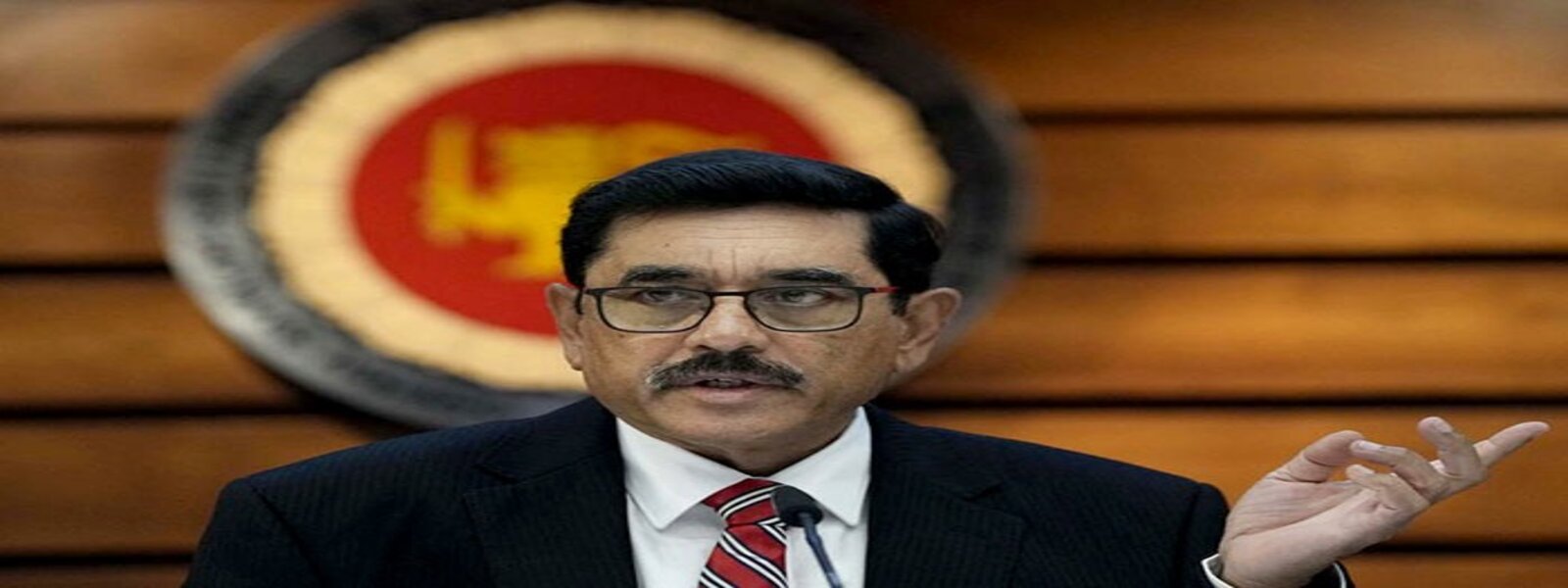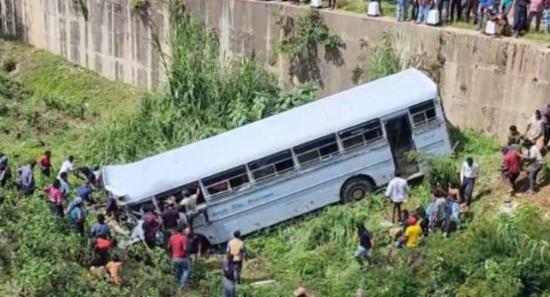.webp)

'Stabilization is a very very painful process' - CBSL Governor
COLOMBO (News 1st) -
'Stabilization is a very very painful process', was a statement made by the Governor of the Central Bank Dr. Nandalal Weerasinghe at this morning's (25) launch of the report on the 'state of the economy' published by the Institute of Policy Studies (IPS).
The report contains national policy frameworks for recovery and policy adjustments for stabilization that were tabled and discussed by the board of the IPS and the Governor. The Governor pressed that a meaningful discussion on the potential path towards recovery with an intellectual community was important in seeking new alternatives and suggestions for policy frameworks.
Inflation was a topic that was given particular weight during the discussion. Bringing inflation under control is of utmost importance in order to stabilize the exchange rate. Persisting escalating rates of inflation has led to currency depreciation.
Dr. Dushni Weerakoon the executive director and head of macro-economic policy research at IPS added that bilateral lending has been exhausted by Sri Lanka. China is one of Sri Lanka's largest bi-lateral lenders and they are most likely to adjust their role as global bi-lateral lenders and scale back lending globally.
The state of the economy report projects no economic growth for the next 2-5 years, recovery will be slow and economic development will be set back by years. The report also shed some new light on the role of the IMF.
Sri Lanka as a nation holds the view that securing the IMF loan will redeem the fallen economy, but the economic review was quick to point out that whilst the IMF loan is our only path towards recovery, it can also increase sovereign default risks, and IMF conditionalities tend to delay governments from relieving themselves of bailouts. The only proposed short term solutions were to conclude the debt restructuring process and to rebuild foreign reserves.
Drawing attention to Governor Weerasinghe's segments, he stressed the importance of fiscal consolidation because a budget deficit is what caused the crisis in the first place.
He also pressed that the aid received from the World Bank and the IMF would only be temporary relief and that sustainable, resilient growth should be achieved. The new tax reforms were seen as facilitating this recovery too.
Dr. Weerasinghe reflected on the history of Sri Lanka's boom bust cycles, claiming that the country had a history of debt crises, and that stability had been restored within a matter of a few years. The Governor remained more optimistic about growth projections in contrast to the IPS.
The essence of the Governor's speech was that the duration of the recovery process was contingent on how speedily and wholly reforms can be introduced and ratified by the government. When asked about the restoration of autonomous powers to the Central Bank, the Governor believed this was currently being settled by parliament.
What will be the future of economic growth in Sri Lanka? That answer is contingent upon the cooperation of our government to prioritize recovery and restoration above their own political agendas.
Other Articles
Featured News





.png )
-776397_550x300.jpg)






-776279_550x300.jpg)
-776273_550x300.jpg)
















.gif)